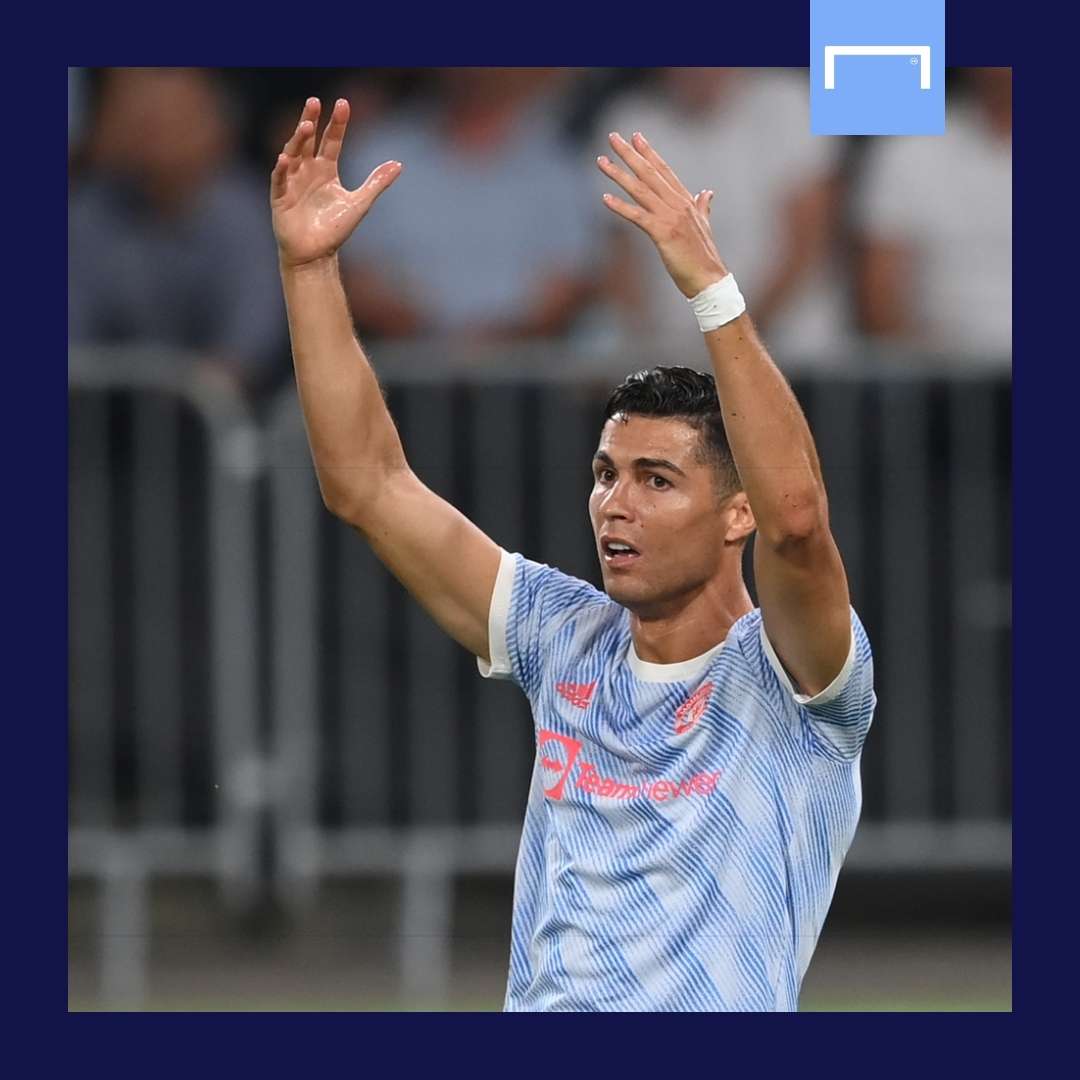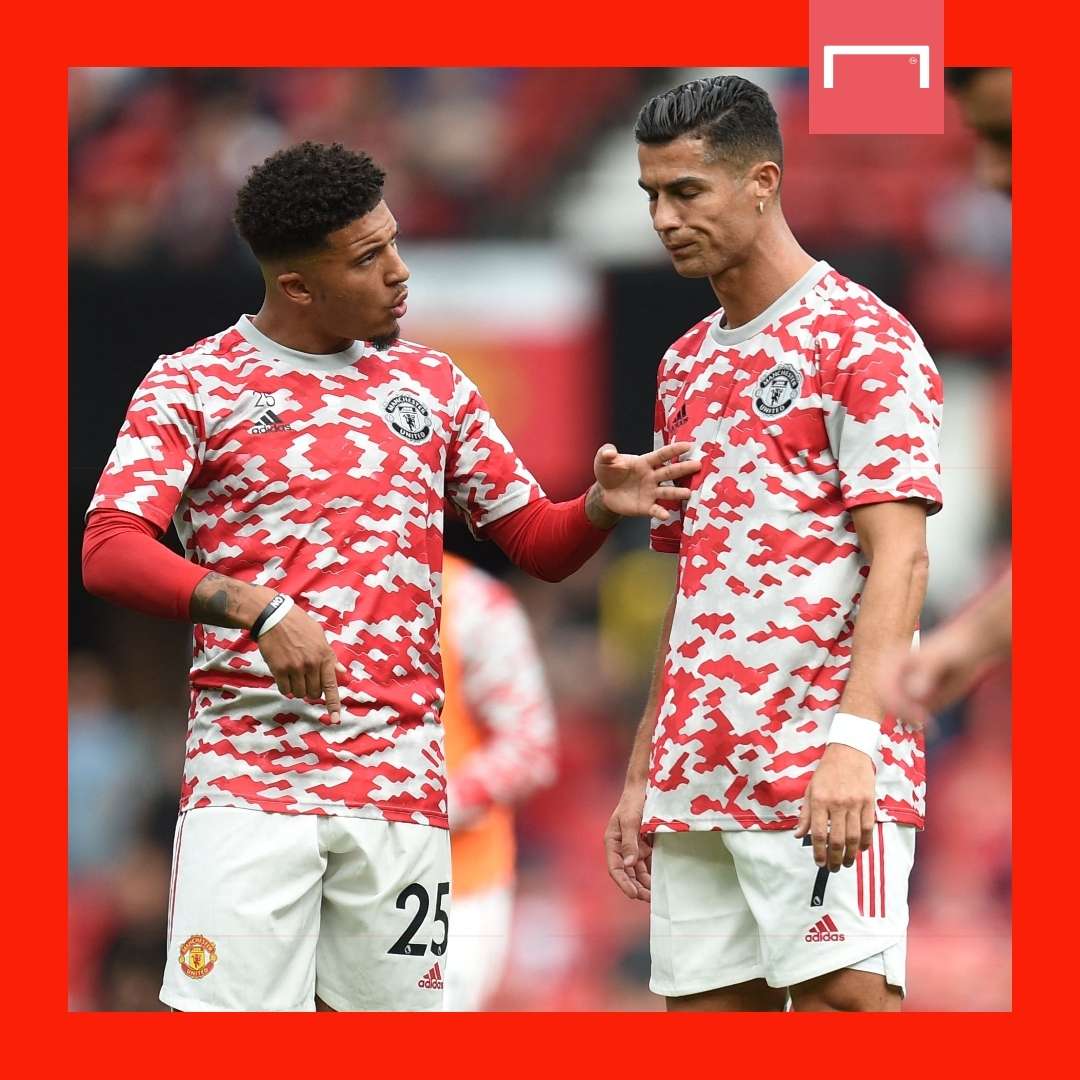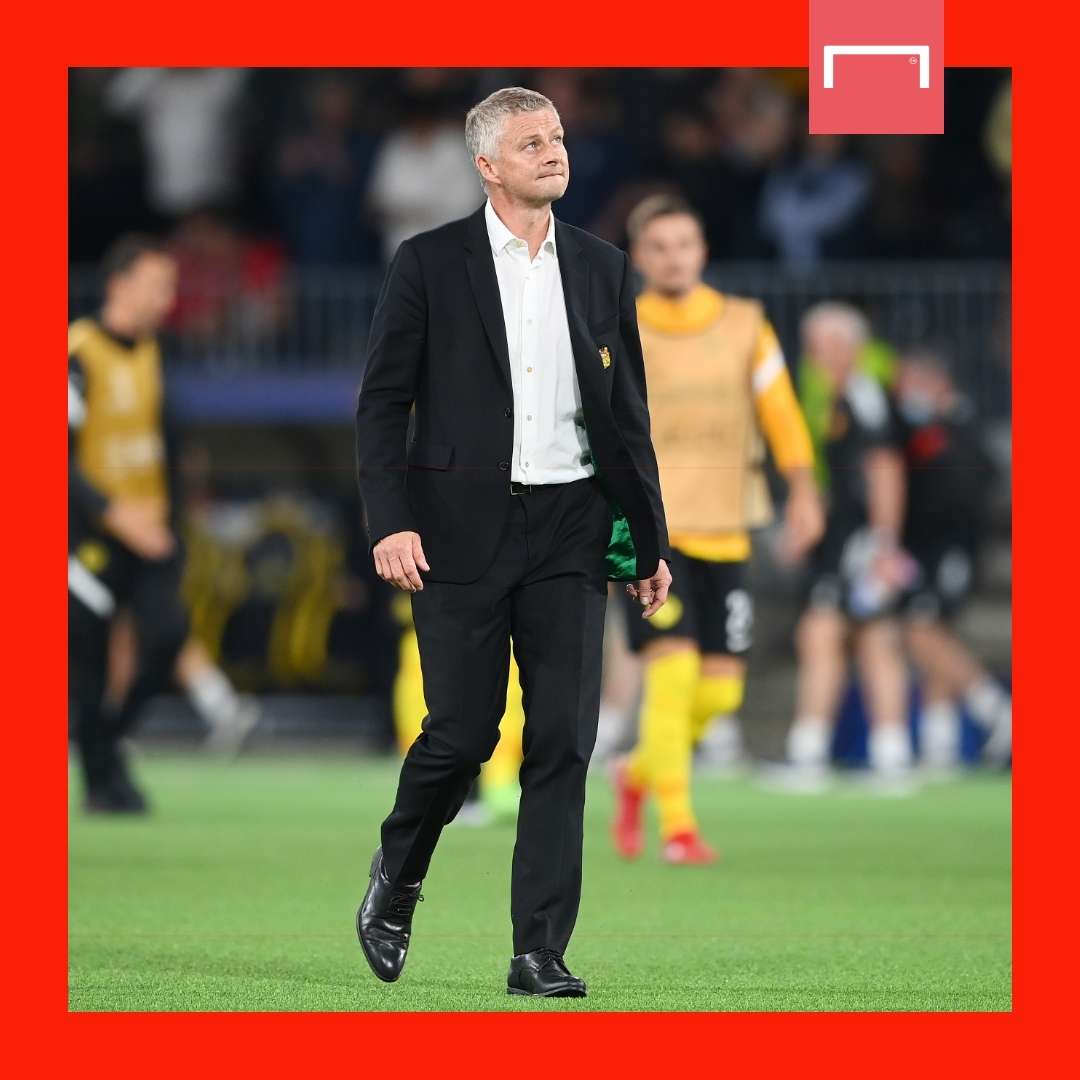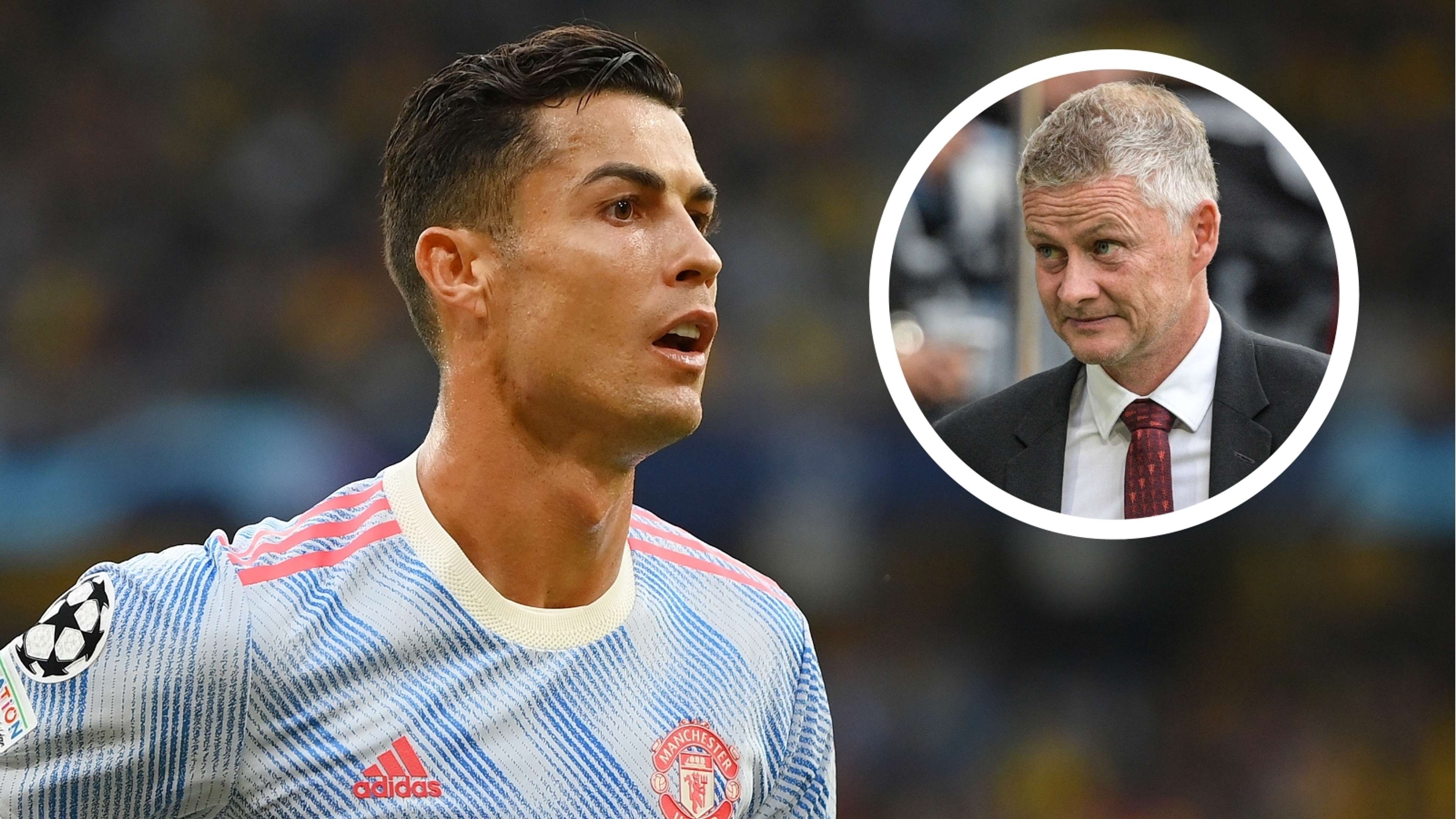As soon as Cristiano Ronaldo’s proposed move to Manchester City fell apart and a sensational return to his old club was on the cards, supporters and pundits split into two camps debating the impact he could have.
One side believed his sheer star power, his force of will and ability to conjure goals out of nothing would elevate Manchester United to a new level.
The other side believed Ronaldo’s waning influence outside the penalty area may add to United’s issues around ball progression through midfield – and fail to paper over the cracks.
Nobody expected both sides of the argument to be so neatly presented on the pitch, one after the other, in his first two matches. The debate will rage all season.
Late-stage Ronaldo divides opinion when it comes to differentiating the raw statistical phenomenon of his goals and their specific use to a team. His three-year spell at Juventus was not conclusive.
Ronaldo scored 101 goals in 134 games but Juventus moved further away from winning the Champions League (never getting past the quarter-final stage) and failed to win Serie A last season for the first time in 10 years.
At United, there is plenty for us to pour over, with a 4-1 win over Newcastle United and a 2-1 defeat to Young Boys setting us up perfectly for the next row over his true worth.
Let’s start with the case for signing Ronaldo.
 Getty Images
Getty Images
He grabbed the Newcastle game by the scruff of the neck, twice scoring to yank a fading, drifting contest back in the hosts’ favour. This is precisely what he was signed to do; precisely what Ole Gunnar Solskjaer needs for a project built on individualism and recapturing the vibe of the Sir Alex Ferguson era.
Solskjaer’s lack of tactical detail in progressing through the lines (he lacks the structured possession; the carefully crafted moves in open play that define elite-level management in 2021) typically leaves United stuck when facing a deep-lying defence.
Improvising their attacks, United’s play easily becomes flat and passes become sideways. That’s the inevitable consequence of broad-strokes management.
Where the likes of Jurgen Klopp or Pep Guardiola can enact swirling patterns planned four or five steps ahead, Solskjaer’s side pass and move in ones and twos, thinking on the spot. That’s why it becomes predictable and relatively easy for a compact defence to track.
Ronaldo might just make this point irrelevant by winning the ‘moments’, by scoring low-percentage chances that allow United to win games despite the wider shape of the contest.
Last year, they were 12 points off the title and drew seven games 0-0. If Ronaldo could have scored a goal in each of these, they would have finished above Man City. These are small margins.
What’s more, the whole idea behind Solskjaer’s approach is to conjure the energy of the Fergie era, to create waves of direct, individualistic attacks that strike fear into the opposition.
 Getty Images
Getty Images
The atmosphere at Old Trafford for the Newcastle game, and the consequent fury of their performance, suggests Ronaldo – an actual star from the club's glory days – can help make this happen.
The strength of Solskjaer’s tactics against ‘Big Six’ clubs has always hinted at the possibility of success with Galacticos who can bully the rest of the division, just as Zinedine Zidane managed at Real Madrid. Could Ronaldo be the last piece in the jigsaw?
Interestingly, he might even be able to improve their urgency, verticality, and ball progression through midfield. Against Newcastle, Ronaldo frequently dropped deep and demanded possession, with the United centre-backs – knowing who’s boss – promptly did, cutting a sharp forward ball into the final third.
Perhaps Ronaldo’s drive, his sharp angles, his desire to play at tempo, will rub off on the team and make up for a lack of detailed coaching.
Now for the counterargument, which begins by saying Ronaldo probably wasn’t needed for Newcastle, against whom United scored seven goals in two games last season. Steve Bruce’s side are surprisingly open. A real test of how Ronaldo does or doesn’t help against a deep defence will come at West Ham this weekend.
The case against was put succinctly by the performance against Young Boys. Here, Ronaldo’s poor pressing, minimal movement, and low energy meant United lacked a proper fulcrum around which to build their attacks.
They had just two shots on goal all game, and despite their red card things should not have unravelled like this. In many ways – from Ronaldo’s strop after his penalty claim was turned down, to the side’s complete lack of cohesion – it was like a Juventus game.
 Getty Images
Getty Images
It was also the first example of Ronaldo’s poor pressing, too. Some argue that Solskjaer’s deeper defensive line and preference to drop back rather than press makes this deficiency redundant, but that is not true.
By failing to apply pressure or block passing lanes by ensuring he is in the right place, Ronaldo will allow the opposition to pass through the lines and into United’s weak central midfield.
Whether the McFred partnership or Nemanja Matic on his own, Man Utd’s midfield is vulnerable to counter-attacks that threaten to undermine Solskjaer’s plans.
Young Boys’ equaliser was a collective error from United, but it is noteworthy that the move began with Ronaldo jogging back, out of position, and therefore leaving a huge gap for goalscorer Moumi Ngamaleu to run across the pitch. He played the ball into midfield, continued his run, and seconds later put the finishing touch on a low cross.
The most obvious way to protect a midfield that struggles to hold its ground, close down space, or cope with runners is to block access to that area of the pitch. Ronaldo’s poor pressing may further expose Fred, Scott McTominay, and Matic.
What’s more, Solskjaer’s attempts to fit all of his star players into the starting line-up means Paul Pogba is likely to play a deeper role – further weakening the spine – and Jadon Sancho appears to be shunted to the left wing. Sancho is uncomfortable here and, though it is still early days, looks a little lost so far.
The first impressions can be read either way, then. Ronaldo will continue to split opinion, from his tactical impact on the team to his influence in the dressing room. It is far too early to say with confidence whether Ronaldo is a help or a hinderance on the pitch.
All we can say is that, whichever way it swings, it will define Solskjaer’s tenure.




